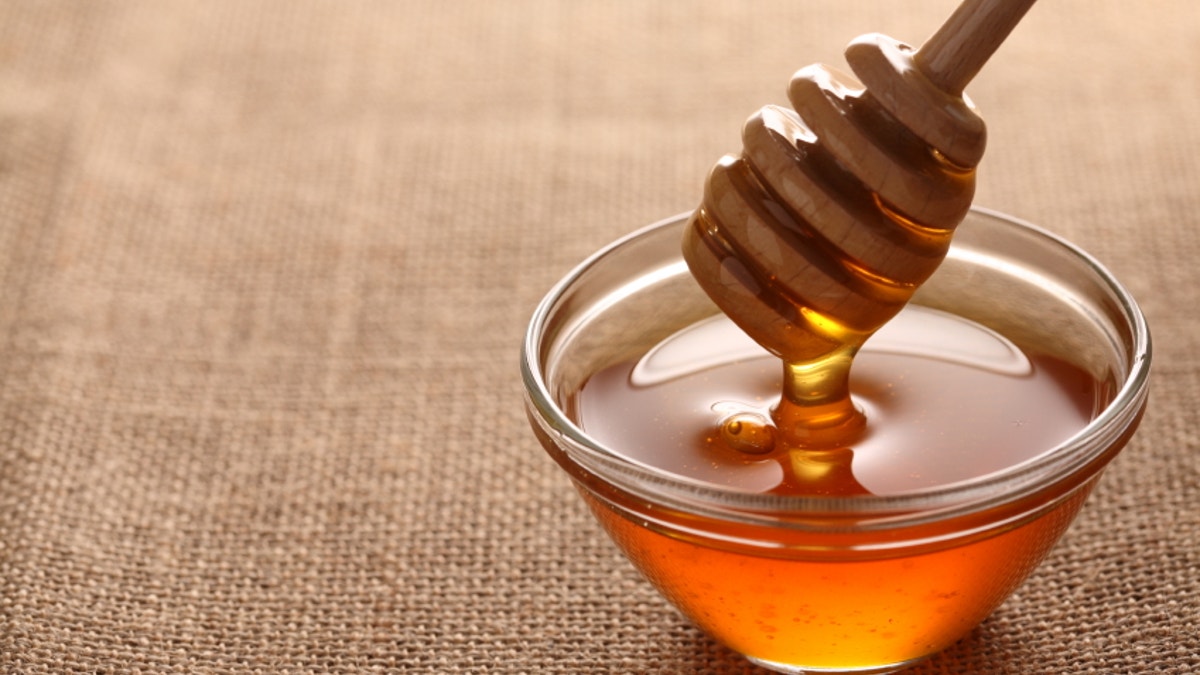
(iStock)
Food manufacturers will go to great lengths to offer consumers the most delicious, inexpensive, and convenient products possible, but some foods are difficult to produce cheaply and others are naturally susceptible to spoilage. For better or for worse, modern food scientists have been able to use ingredients like corn syrup, soybean oil, and certain enzymes to create what we might call imitation foods.
Their innovative techniques have made “exotic” foods like Parmesan cheese, truffle oil, and crab legs available to the masses, and have also allowed previously perishable foods like coffee creamer and cookies to last what seems like forever. But the food industry has also used this science to deceive consumers, and many of the common foods that line the shelves of the supermarket are not what they appear to be.
Though these foods are clearly marketed as one item, reading the fine print shows that they are actually something far different. Often the ingredients will tell the whole story, revealing that a lemonade mix contains no lemons or that a pancake syrup contains none of the expected maple — but some foods are susceptible to adulteration that goes beyond what’s on the label. Corn syrup is commonly added to “pure” honey, wood pulp is mixed in with powdered “Parmesan” cheese, and “natural beef flavor” is somehow vegetarian.
Here are 4 foods that aren’t what they seem.
Coffee Creamer
Coffee creamer looks like half and half, but it doesn’t actually contain any milk or cream. Its main ingredients are corn syrup solids, vegetable oil (high oleic soybean and/or partially hydrogenated soybean and/or partially hydrogenated cottonseed), and less than 2 percent sodium caseinate (a milk derivative).
Cookie Cream
The signature creamy center of many chocolate-cookie sandwiches doesn’t contain any dairy at all. The cream is not milk-based; it’s a combination of canola oil and corn syrup, and is most likely vegan-friendly.
Crab Sticks
Those hefty pieces of seafood stuffed poking out of your California roll are not what you think they are. Kamaboko, also known as surimi, krab, or imitation crab meat, is meant to resemble the leg meat of snow crab, but it’s actually made from Alaskan pollok, egg, artificial crab flavor, and wheat, making it a potential problem for gluten-sensitive people.
Honey
A lot of the honey sold in the U.S. is imported from China and commonly laced with corn syrup and other fillers; it might also contain traces of dangerous chemicals. In 2001, an epidemic destroyed many Chinese hives and forced bee keepers to adopt a potentially carcinogenic antibiotic, which has since been banned in the U.S.; but just to be safe, try to buy “unfiltered raw” honey.








































